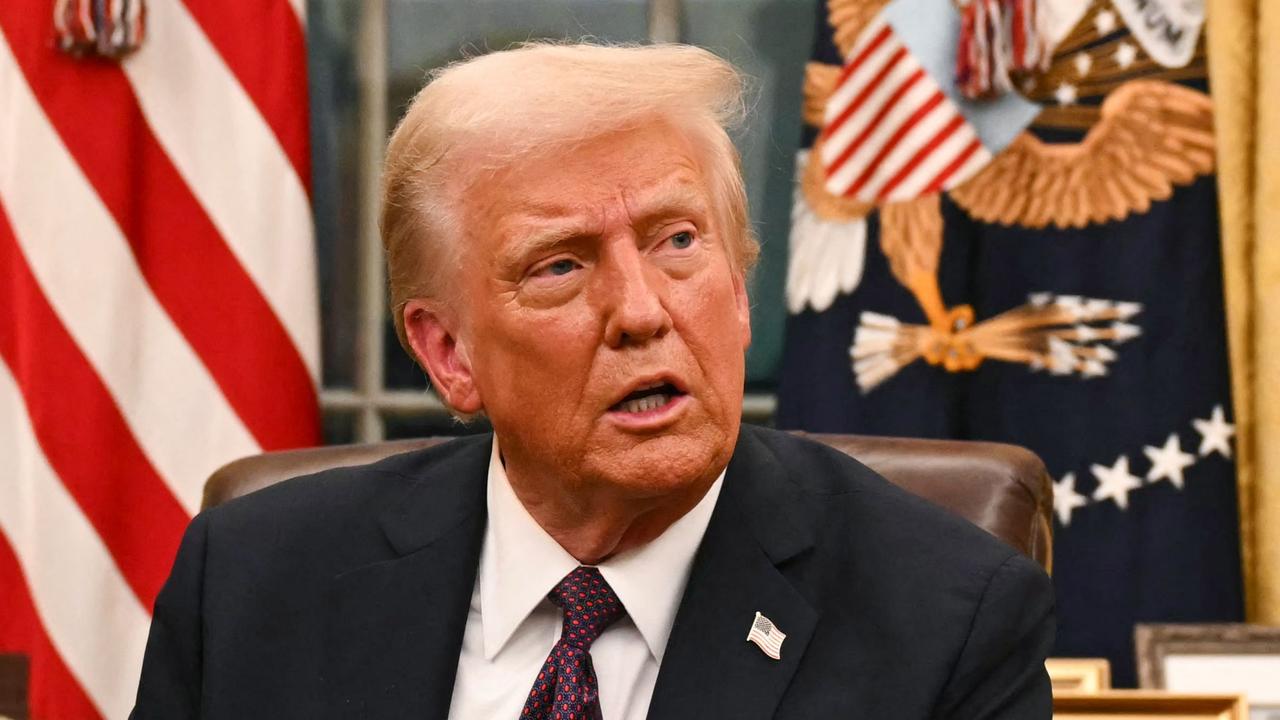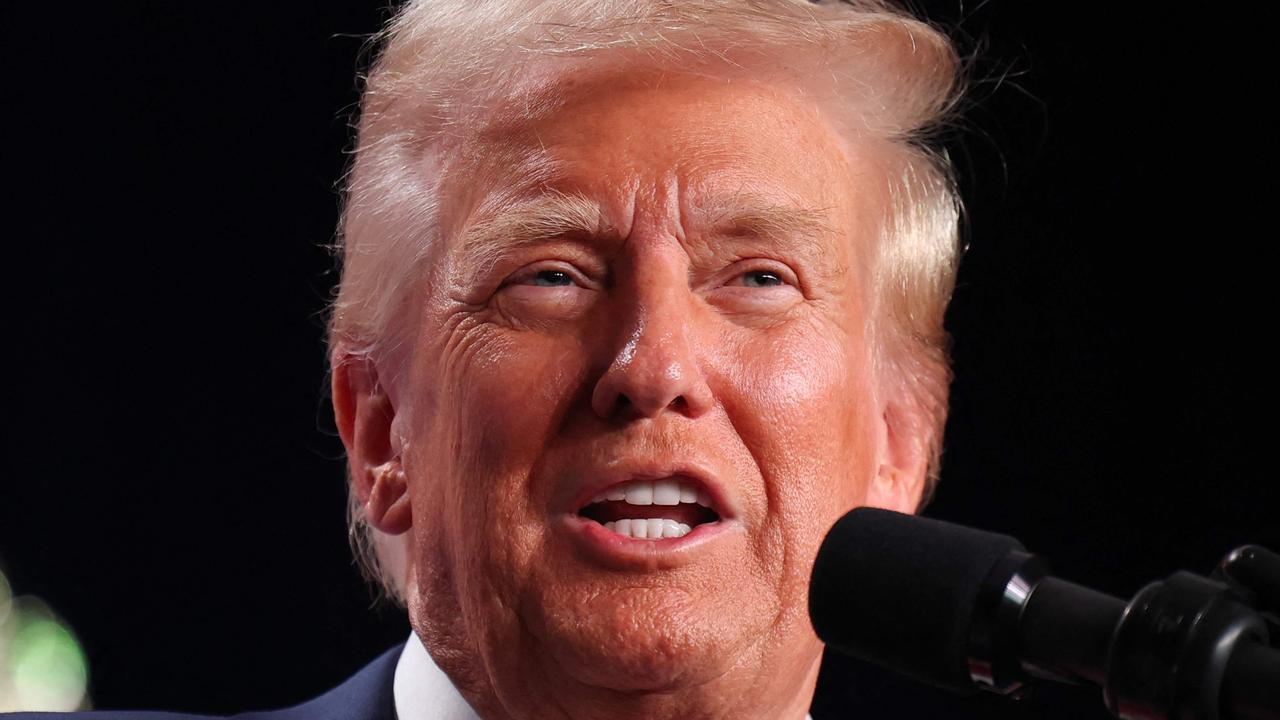From privacy invasions to Trump’s war with the world, this is what will keep us up at night in 2019
Privacy, national security, a shambolic political landscape and Donald Trump. Here’s a look at the things that will keep us awake at night this year.

The New Year is in full swing and most of us are looking ahead with a renewed sense of optimism following a fairly chaotic 2018 both here and abroad.
Sorry to rain on your parade, but there are plenty of things to be wary about in the 12 months ahead, from Donald Trump’s divisive foreign policy to privacy breaches and national security.
These are the things likely to keep us awake at night in 2019.
GIVING OURSELVES AWAY
The popularity of DNA testing offered by family tree and ancestry websites has exploded in recent times and is only likely to continue.
But privacy and data security experts have expressed concern over what’s done with the results. For the most part, the general public don’t seem too fussed.
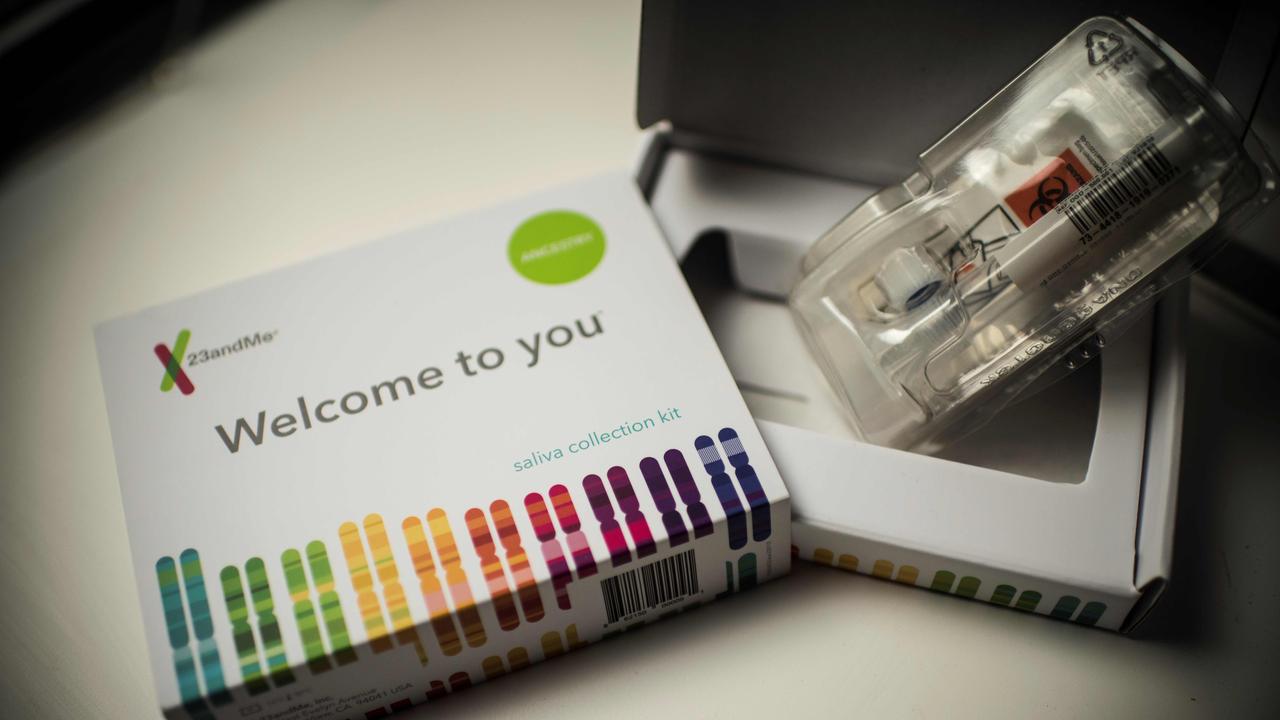
John Vary, a futurologist at John Lewis’s Innovation Labs, told The Guardian that people are increasingly willing to share their DNA with a variety of sources.
And this is increasingly extending into the consumer space, where companies and brands are eager to know as much as possible about us.
“(UK supermarket chain) Waitrose & Partners is piloting DnaNudge, an app which will use shoppers’ DNA to help them make healthier choices while food shopping,” Mr Vary told the website.
“Another example is OME Health, which offers health plans built on a person’s gut microbiome, genetics blood markers and other health data.”
Even if you’re not testing your DNA, you still hand over a swag of information about yourself — probably without realising.

Futurist and author Gihan Perera told news.com.au that companies and brands are more eager than ever to collect data about customers. And while it’s mostly innocent now, it might not always be that way.
“I don’t want to be too alarmist,” Mr Perera said.
“But we should care about what artificial intelligence and algorithms might one day determine about us based on the data we freely give over now.”
Health insurers could one day set premiums based on predictions about your future wellbeing, employers could determine your productivity and loyalty, and banks might approve or reject your mortgage application using computer-generated analysis.
AN UNSTABLE WORLD
The geopolitical landscape is volatile and unpredictable, to say the least.
Western superpowers are distracted and divided, conflict-plagued hot spots are tense, and China and Russia are stamping their strategic marks on the world.
The political system in the US is divided and President Donald Trump is facing a number of investigations that are due to wrap up.

Brexit remains a political disaster in the UK and shows no immediate signs of resolution, keeping the country and its economy in limbo.
And China continues to show a worrying thirst for global power and influence, and is pouring money into military and scientific expansion.
“We have a volatile year ahead,” Griffith University associate professor Susan Harris Rimmer said of Australia’s most important international relationships.
China had put the nation in “a deep freeze” for most of last year, cancelling visits and hitting back against claims about its foreign interference endeavours, Dr Harris Rimmer said.
“The US foreign policy think tanks argue that with the Democrats in control of the House of Representatives, the Trump White House will be more active in foreign policy as it struggles to pursue a productive domestic agenda,” she said.
“This could lead Australia into some kind of rollercoaster if we are not willing to disengage from some US requests for our assistance.”
And she said “the UK remains focused on Brexit”, which presents its own set of challenges.

“Strategy requires skill and leadership. We will need all three in 2019. We have a volatile year ahead.”
With a looming Australian federal election, which polls indicate Bill Shorten’s Labor is likely to win, how the country navigates the tricky global landscape remains unclear, she said.
“Opposition leader Bill Shorten is not known for his foreign policy vision.”
CANBERRA CHAOS CONTINUES?
It was a shambolic year in Australian politics, with policy blunders and backflips, an endless stream of scandals and yet another leadership change.
What can we expect in 2019?
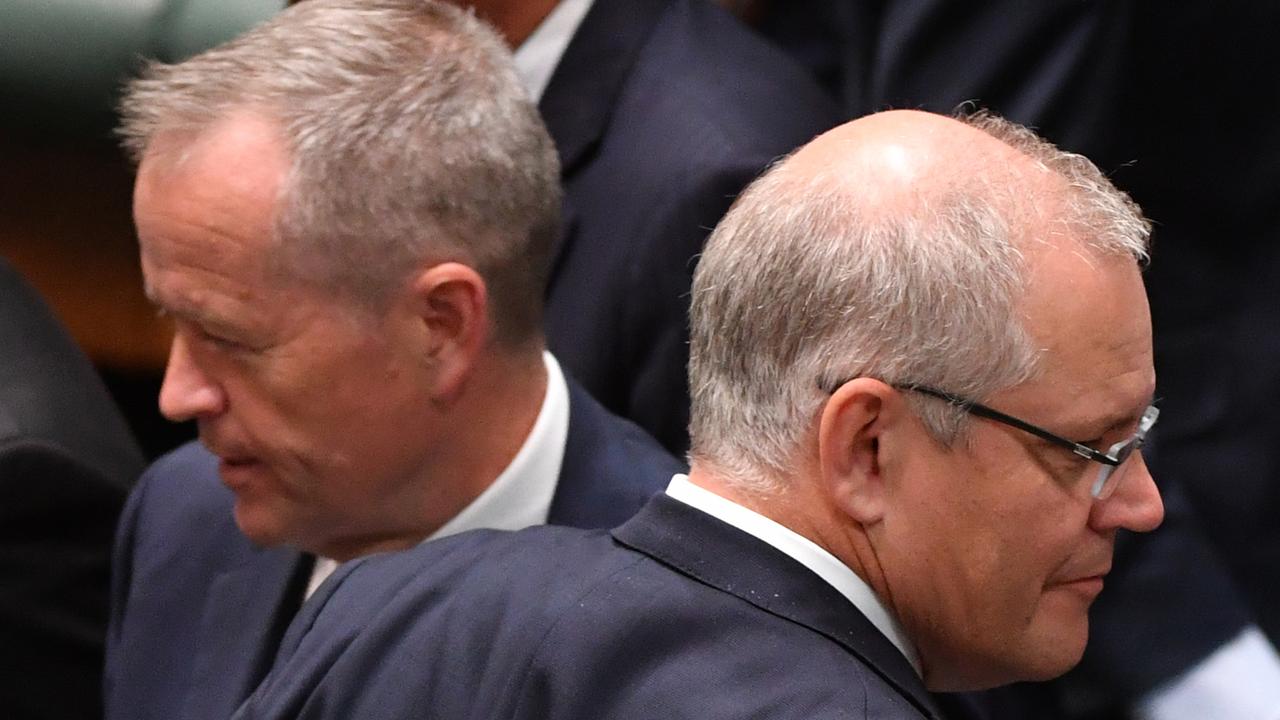
The country will head to the polls within months and it increasingly appears Labor will wipe out the Liberal-National Party government, if the polls are to be believed.
“And, of course, if Labor wins as the polls suggest, we will have had the first change-of-government election since 2013,” Rob Manwaring, senior lecturer in politics and public policy at Flinders University, said.
“This will trigger … the following: ‘It’s all their fault’ … (Liberal) state governments for failing to sign up to X, Y and Z agreements, and the inevitable ragbag on the Senate cross bench.”
Should Labor seize power, Dr Manwaring expects a “range of difficult policy issues” neutralised, including immigration changes and mooted increases to the Newstart allowance.
So, for a while at least, it could be that not a lot of anything gets done in Canberra.
Depending on the voting outcome, Australia could once again wind up with a colourful Senate make-up and a boom in the number of independents and minor parties.
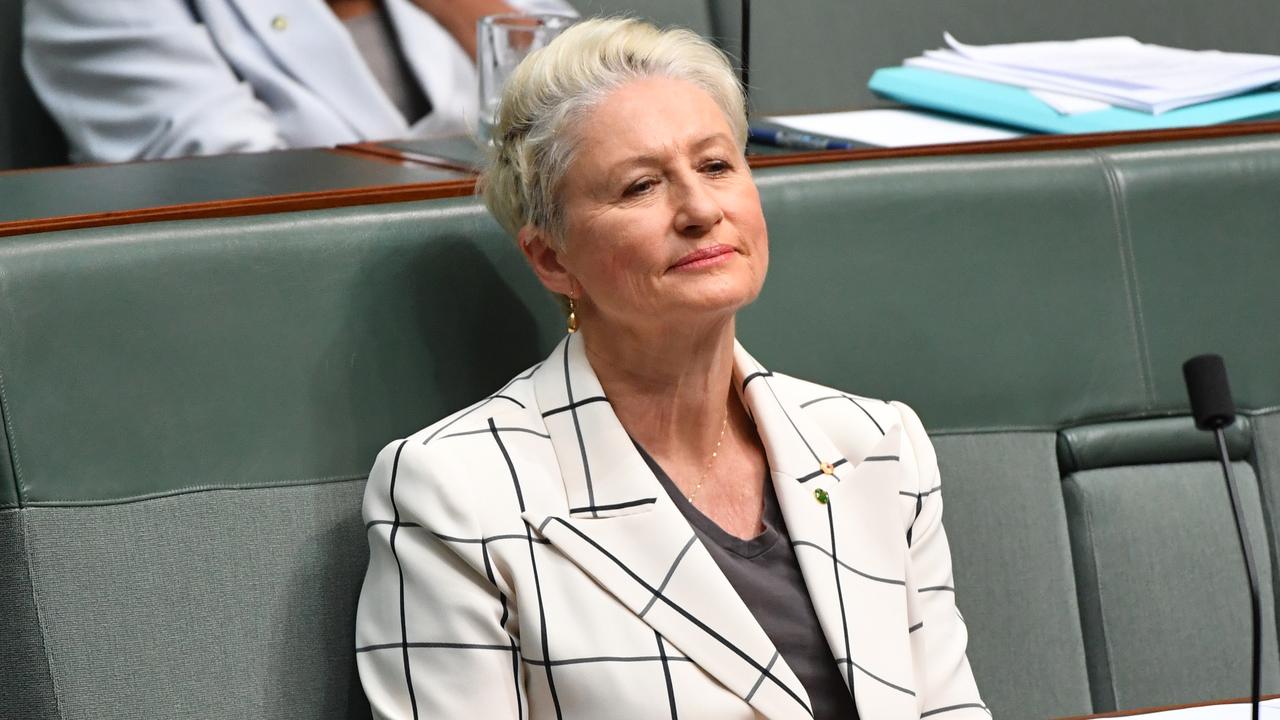
The success of Dr Kerryn Phelps in former Liberal safe seat Wentworth last year would likely have the two major parties worried.
But until then, Australians can look forward to a long, feisty and exhausting election campaign with many promises, a lot of spending and what will likely amount to a very dull personality contest.
NATIONAL SECURITY THREATS
China’s “increasing influence in the (Pacific) region” has also created a sense of urgency and a renewed focus on Australia’s foothold in the region, Dr Harris Rimmer said.
She outlined a number of threats on the horizon, from “highly disruptive” potential cyber attacks on crucial infrastructure to terrorism and instability in the Middle East.
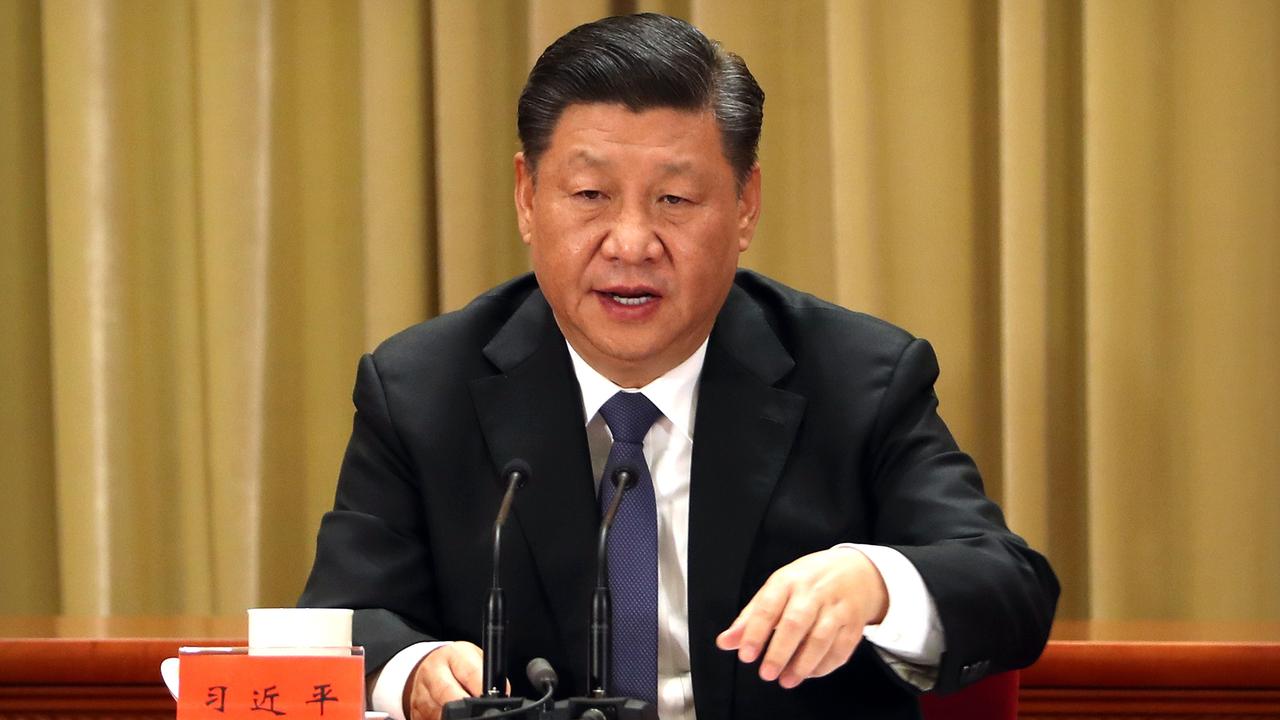
The superpower’s island-grabbing campaign has gotten very close to home, with China muscling in on tiny nations from the Indian to the Pacific oceans.
Australia will have no choice but to push back, in order to retain strategic advantage in the region.
Security agencies have also expressed concern about allegations of Chinese interference in Western elections, corporations and infrastructure.
And there is increasing unease about the country’s shopping spree of Australian assets, from ports to property, energy infrastructure to corporations.
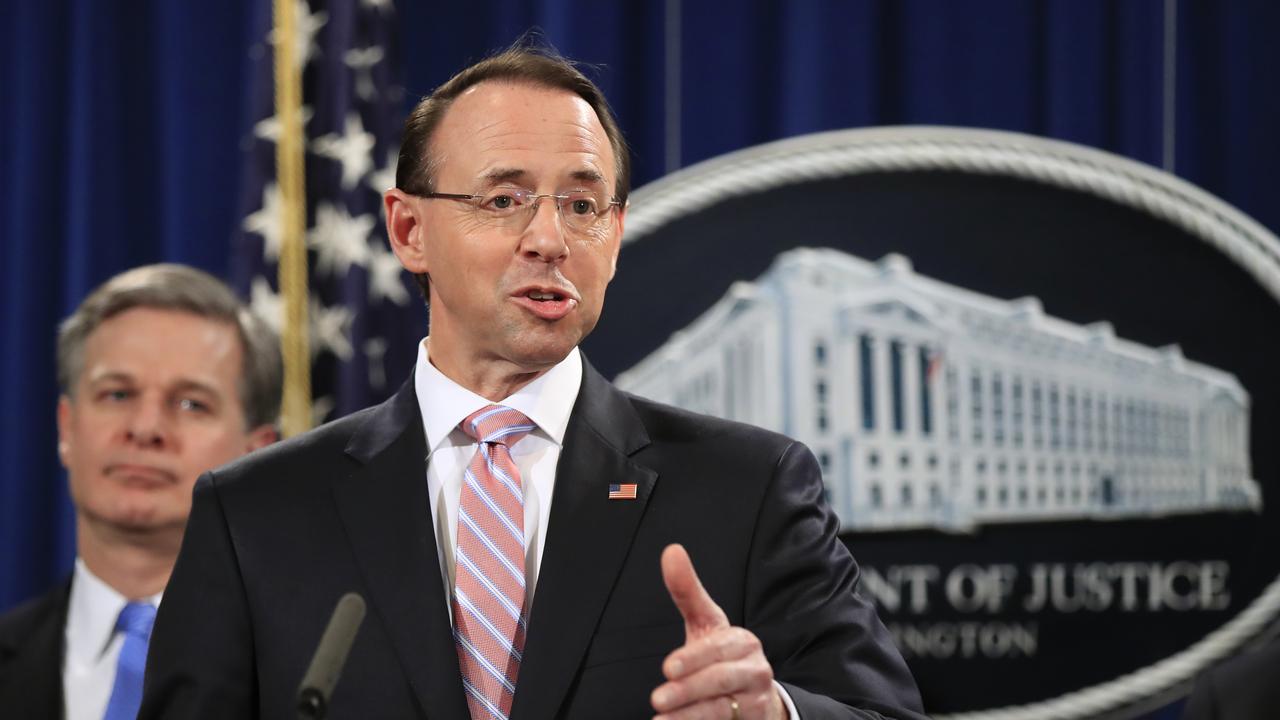
China just became the third country to land a probe on the moon — but the first to do so on the far side of the moon.
Wendy Whitman Cobb, professor of politics at Cameron University, has written about the possibility this could spark a new, modern space race.
“Because of the secrecy that surrounds many aspects of the Chinese space program, its exact capabilities are unknown. However, the program is likely on par with its counterparts,” Dr Whitman Cobb said.
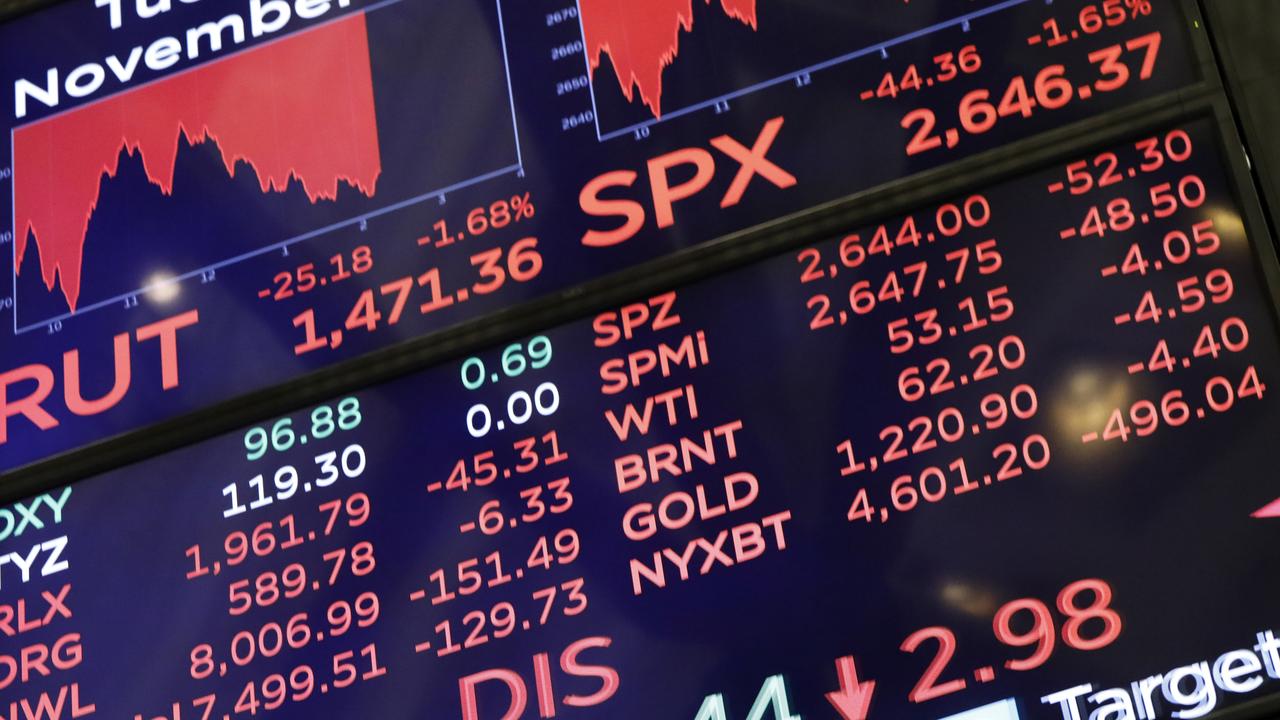
ANOTHER GFC LOOMING?
A few months ago, a leading economist warned that there were signs of a looming global financial crisis, arguing that shaky economic conditions were now “not only serious, but intensifying”.
Dr John Llewellyn, the former chief economist of failed US investment bank Lehman Brothers, made the alarming forecast during a private OECD event.
RELATED: Big four economic dramas Australia faces in 2019
A recession is looming in the UK, many economists believe, and economic stimulus in the US witnessed throughout 2018 is showing signs of fading.
Some financial pundits believe America could also experience a recession this year, the impact of which would be felt around the world.
China is also winding back its borrowing to companies and individuals.
The World Bank has forecast a global economic slowdown in 2019 based on these and other factors.
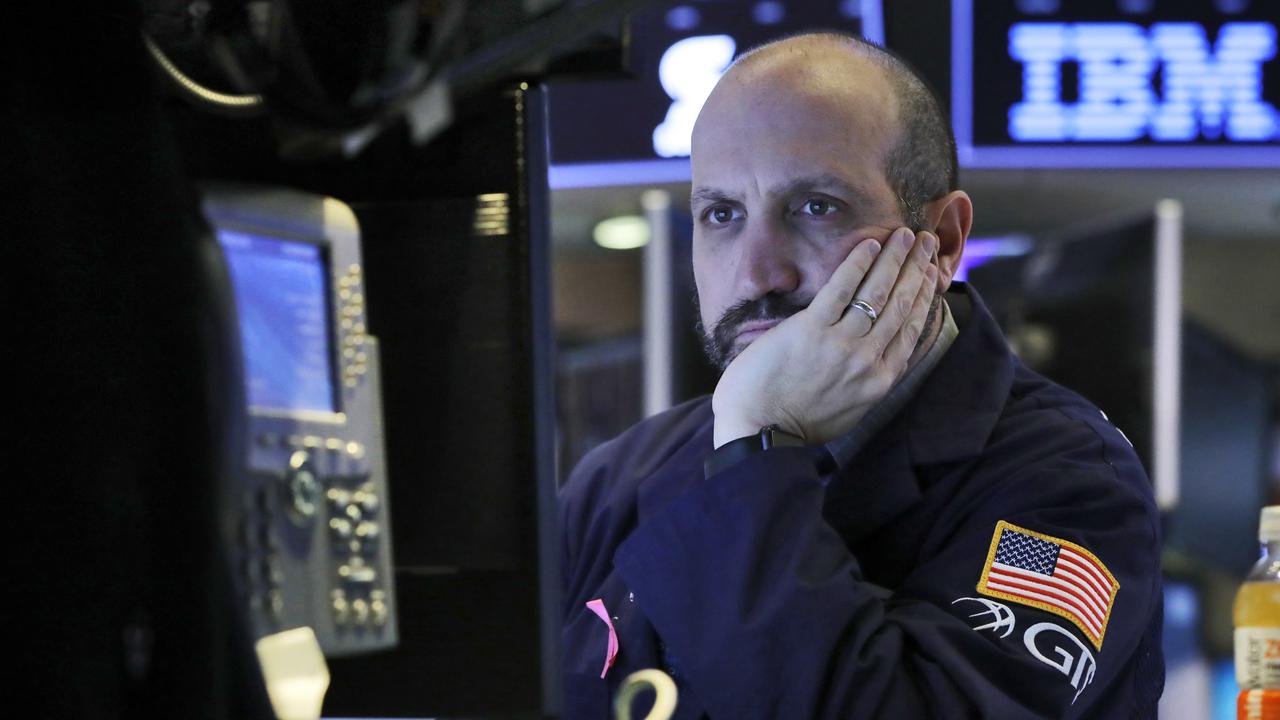
Of course, Australia feels the impact of these and we have our own worries on the local front — particularly with a rapidly cooling housing market.
The findings of the Financial Services Royal Commission will be released next month after countless damaging revelations.
RELATED: Rich-lister Christian Beck slams ‘paranoid’ banks for cracking down on borrowing
Banks will have no choice, due to bad publicity and inevitable legislative reform, but to tighten their belts and pull up their socks.
But business leaders warned the resulting credit crunch will be one of the biggest threats facing our economy this year.
LESS ABLE TO SWITCH OFF
As if it wasn’t already hard, disconnecting from the connected world is only set to become increasingly difficult.
Technological advances are changing the way we live, meshing the online world with the offline one more and more with devices integrated into almost every facet of life.
In 2019 clothing with built-in, battery-powered packs will go on sale
— The Economist (@TheEconomist) January 3, 2019
Supported by @intel pic.twitter.com/wYk4gIjjPN
Virtual reality and artificial intelligence, autonomous everything, wearable technology, longer and less-defined work hours and an ever-growing reliance on our smartphones will make it harder to switch off.
It’s no wonder that the Cambridge Dictionary’s new word of the year was “nomophobia”, describing the fear felt when mobile devices are out of battery or service.
A report based on research by YouGov Galaxy, titled Red Sky Predictions, concluded that devices are so “intrinsic to daily social functioning that we’re unable to check out”.
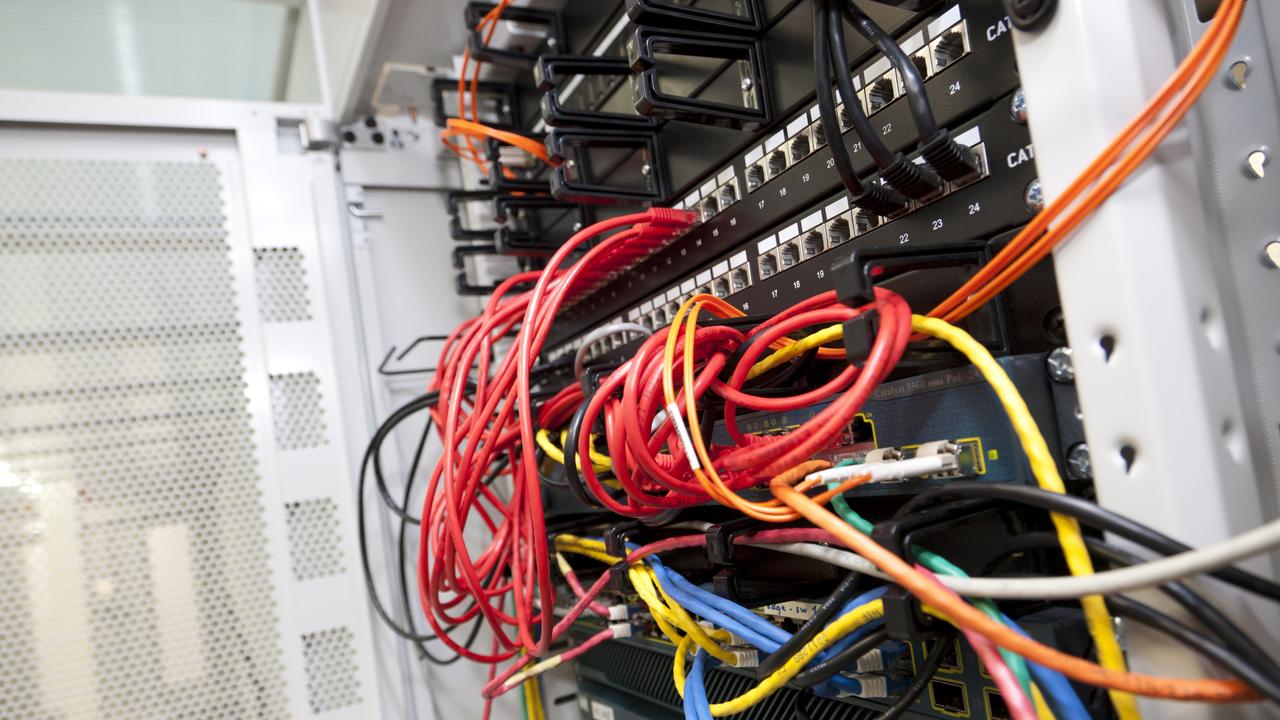
“Our new research highlights there is an uncontrollable need to always remain connected to the digital world,” Red Agency boss James Wright said.
“We have become a ‘head down generation’. Some are going as far as sleeping with the ‘enemy’, with mobile phones a standard staple in the bedroom — our go-to first thing in the morning and the last thing we say goodnight before bed.
“As a nation, we clearly can’t help ourselves.”
At some point this year, the proportion of the global population with access to the internet will hit 50 per cent.
Research firm Quantum Run predicts that the web will overtake television in terms of the time spent consuming content for the first time this year.
HOTTER AND DRIER
In December, the biannual State of the Climate report was released by the Bureau of Meteorology and the CSIRO.
Examining past trends and current occurrences to map where the country might be heading, it painted a fairly bleak picture for Australia’s natural and built environments.
In summary, we can expect it to be much hotter and much drier, with a longer and more intense bushfire season, and greater instances of volatile and high-impact weather events.
Oceans are getting warmer and experiencing more “marine heatwaves”, which impacts migration patterns of sea life and puts further pressure on the Great Barrier Reef.
Climate change remains a contentious political issue on both sides of the ideological spectrum so action is unlikely to be immediate.
But as the BOM and CSIRO pointed out, in some respects it’s already too late.
“Historical emissions over the past century have locked in some warming over the next two decades, regardless of any changes we might make to global emissions in that period,” CSIRO climate projections scientist Michael Grose said.


